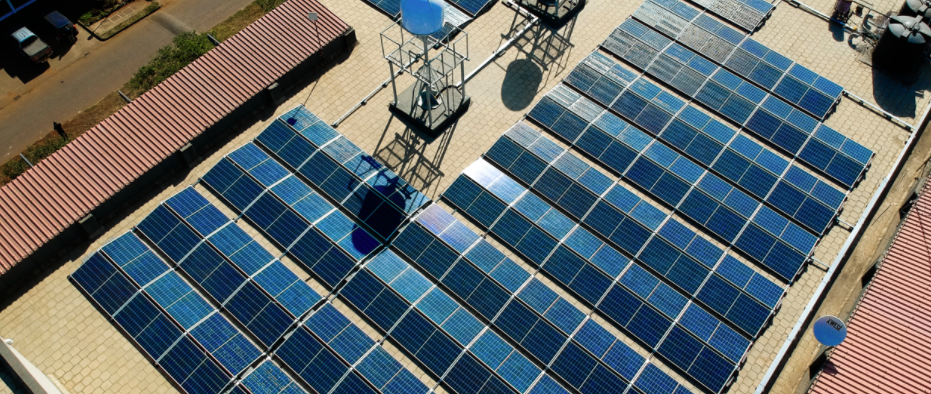The special economic zones established across Africa can play a part in driving the green energy transition thanks to the policy and investment advantages they have over the wider communities they are based in, an online event has heard.
Roger Savage, of British engineering firm Buro Happold Ltd, said the policy frameworks set up to support such trade zones could overcome investor reluctance to back energy infrastructure in African countries because of a wider lack of policy support.
The energy infrastructure needed to support African economic zones could not only drive on-site renewables generation capacity but could also have wider grid benefits, said the Buro Happold group director, at an event organized by the Africa Economic Zones Organization (AEZO), which comprises government departments, private companies and chambers of commerce concerned with such trade parks.
“Our view is that special economic zones, and energy infrastructure that's delivered in conjunction with them, can really be a hub and a catalyst for meeting the needs of the wider area,” said Savage. “By addressing these challenges, we can maximize the benefits of [the] green transition, then support social-economic development, industrialization and trade, which can lead to long term prosperity.”
Mini-grids established to power economic zones could supply surplus electricity into national grids, said the director, who noted such business parks aggregate demand for renewable power to the level required to make clean energy generation capacity feasible.
Referring specifically to solar, Savage said: “The main challenge here is really around aggregating demand and tackling the issue around transmission and distribution networks. By solving these challenges and making solar projects bankable, the shift to green energy becomes more feasible.”
The director added, the supportive policy network and raised investor confidence associated with economic zones might speed up the adoption of more advanced renewables technology which is available in other global markets but yet to make its mark in Africa.
Stressing the need to embrace the energy transition, AEZO secretary-general Ahmed Bennis suggested governments could consider clean power policies, such as low-carbon tax incentives and attracting manufacturers associated with green product supply chains.
This content is protected by copyright and may not be reused. If you want to cooperate with us and would like to reuse some of our content, please contact: editors@pv-magazine.com.



2 comments
By submitting this form you agree to pv magazine using your data for the purposes of publishing your comment.
Your personal data will only be disclosed or otherwise transmitted to third parties for the purposes of spam filtering or if this is necessary for technical maintenance of the website. Any other transfer to third parties will not take place unless this is justified on the basis of applicable data protection regulations or if pv magazine is legally obliged to do so.
You may revoke this consent at any time with effect for the future, in which case your personal data will be deleted immediately. Otherwise, your data will be deleted if pv magazine has processed your request or the purpose of data storage is fulfilled.
Further information on data privacy can be found in our Data Protection Policy.